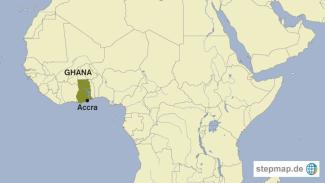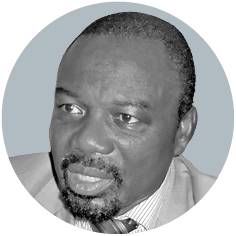Religion
Branding of Islam

Ghanaian Muslims feel their religion is being viewed negatively. The rally was meant to correct that view. It was the first time Muslims in northern Ghana got to together with this kind of message. Most of the country’s Muslims live in this region. “This is historic; this has never happened before in this country,” is the comment of Sheikh Samed Issah.
“Islam stands for peace; the meaning of our religion is love,” says Sheikh Abdul, an imam in Tamale. According to many people at the gathering, Islam has recently been branded negatively. “I want to tell everyone that our religion doesn’t preach violence,” says Fatawu Adam, another cleric in Tamale, “it is simply a wrong perception.”
There is sporadic communal violence in northern Ghana. Islamic clerics and concerned citizens particularly want to raise awareness among young people, telling them to stay away from violence. “Local youth have been very active in these conflicts, even though they may not understand what the whole conflict is about,” says Sheikh Imam Bamba, the leader of Tamale’s Central Mosque. “All of us have to bear the consequences, because communal violence has affected us economically, psychologically, socially, culturally, religiously and politically.”
Ghana spends huge sums of money every year to maintain internal security. Nonetheless, the imams worry about the peace of the country. “All these conflicts are a threat to the security of this nation and also a threat to the development of our democracy,” maintains Al-Hussan Zakaria, director of CODYAC, a Muslim organisation that promotes modern Islam in Tamale and wants to fight religious misconceptions.
During election campaigns, political parties’ young Muslim supporters in the north often display a high level of political jingoism, and their attitude all to often triggers violence. “We wish to appeal to the youth of the political parties not to allow themselves to be used to foment trouble either within or outside their parties,” says Sheik Bamba. Other organisations support his stance – and so does the Roman Catholic Church in Tamale. It has set up an interreligious dialogue centre in Tamale. The ultimate aim is mutual understanding and peaceful coexistence.
Maxwell Suuk is a journalist and lives in Northern Ghana.
suuk.max@gmail.com
Link
Ghana Center for Democratic Development:
http://www.cddgh.org/














